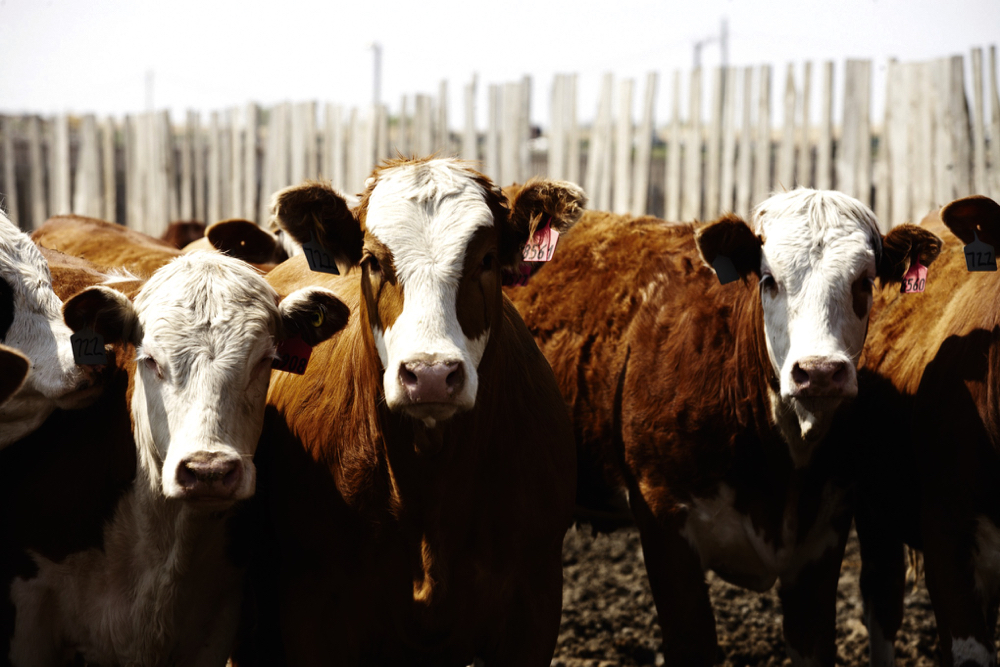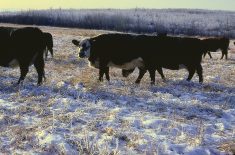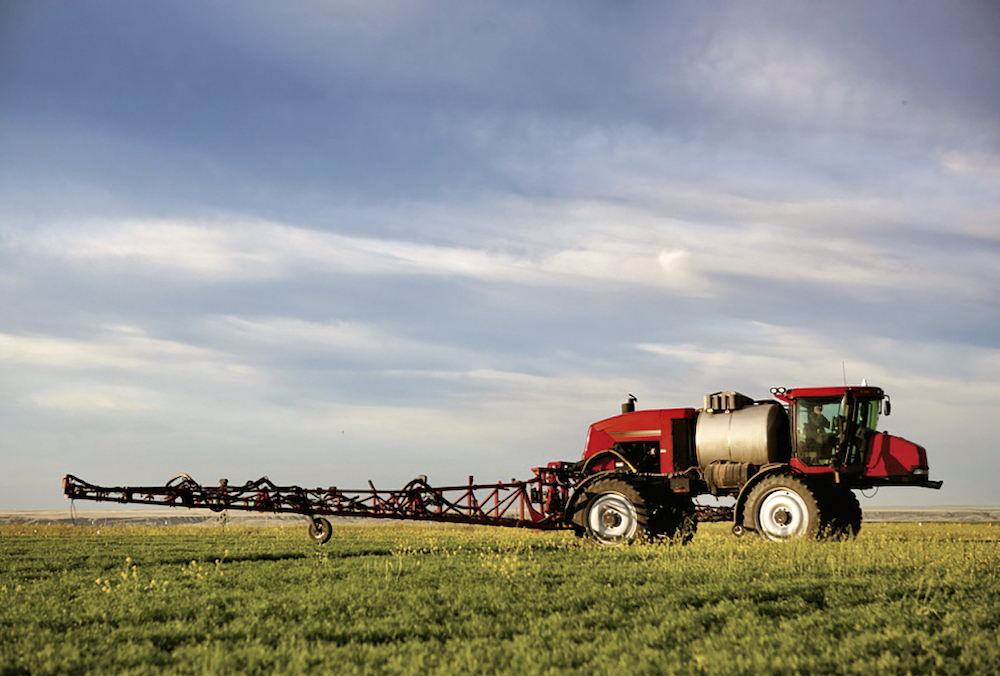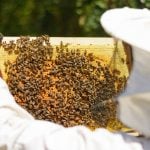The Western Livestock Price Insurance Program is not functioning properly due to very high premiums and needs to be quickly revamped, says the Canadian Cattlemen’s Association.
“We’re having unprecedented volatility for markets. Having tools in place for farmers and ranchers has never been more important,” executive vice-president Dennis Laycraft said during a telephone town hall earlier this month.
He cited the impact on the cattle supply chain if a packing plant were to close or scale back because of the pandemic and that happened just days later when Cargill announced it was temporarily idling its second shift at its High River plant.
Read Also
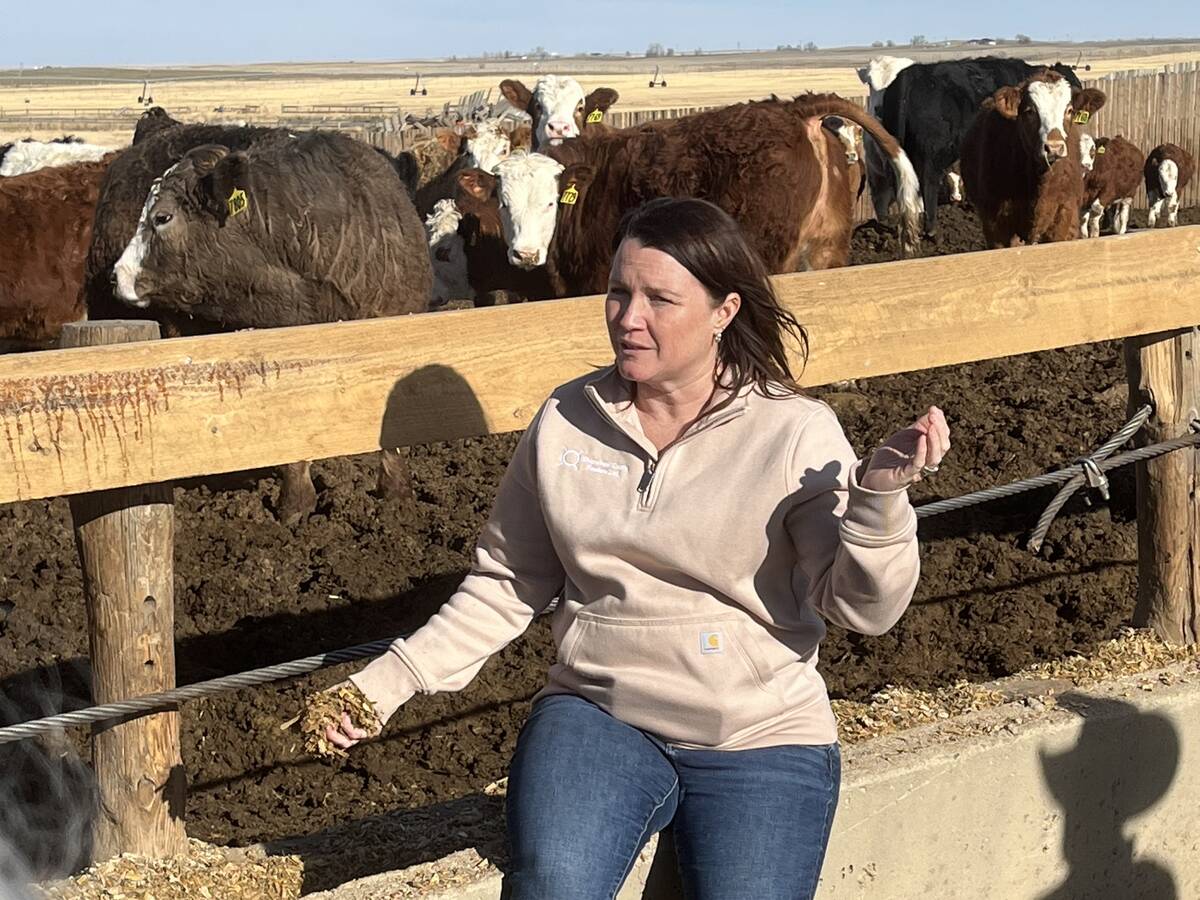
Roots of Resilience: The 50-year evolution of Shipwheel Cattle Feeders
Alberta’s Shipwheel Cattle Feeders is one of Canada’s pioneers in holistic regenerative agricultural practices.
The company didn’t give details on how many people had tested positive for COVID-19, but a union official said more than two dozen workers as well as a few salaried staff and contractors had. At peak capacity, the plant employs about 2,000 people and processes about 4,500 head of cattle per day.
In their telephone town hall, CCA officials cited the need for producers to have insurance but said premiums were too expensive. They said premiums used to cost $15 to $20 per head, but are now about $70.
“Some of our risk management tools that we have historically used, such as price insurance, have become too expensive to use,” said Fawn Jackson, director of government and international relations. “High premiums have been caused by market volatility. We’re essentially seeing stalled participation in the program when it is really needed most.”
The CCA wants Ottawa to pay for part of the premium.
“We think that’s an example that can be adapted to COVID-19 times,” Jackson said. “Addressing these unaffordable premiums would balance the risk management uptake in the beef sector and get some confidence in the market, when large numbers of backgrounding cattle are coming to market this spring.”
The association also wants a set-aside program for both Eastern and Western Canada, similar to one used during the BSE crisis. Such a program would match the number of cattle coming to market to processing capacity. Government would provide financial assistance for the cost of feeding cattle held back from the market.
The CCA also wants several changes to AgriStability, including removing the $3-million cap on payouts and removing reference margin limits.
Uncertainty in markets and short-term interruptions could last well into 2021, Laycraft said.
Meanwhile, Cargill said it had put additional safety measures in place, including temperature testing, enhanced cleaning and sanitizing, prohibiting visitors, and having staggered breaks and shift flexibility, said Jon Nash, the North America lead for Cargill’s protein division.
“While this location is working at reduced capacity and we adapt to operating during a pandemic, our work doesn’t stop,” he said April 13.
As well, Cargill is “working with farmers and ranchers, our customers and our employees to supply food in this time of crisis and keep markets moving,” he said, adding the High River plant “will be back to operating at full capacity as soon as it is safe to do so.”


